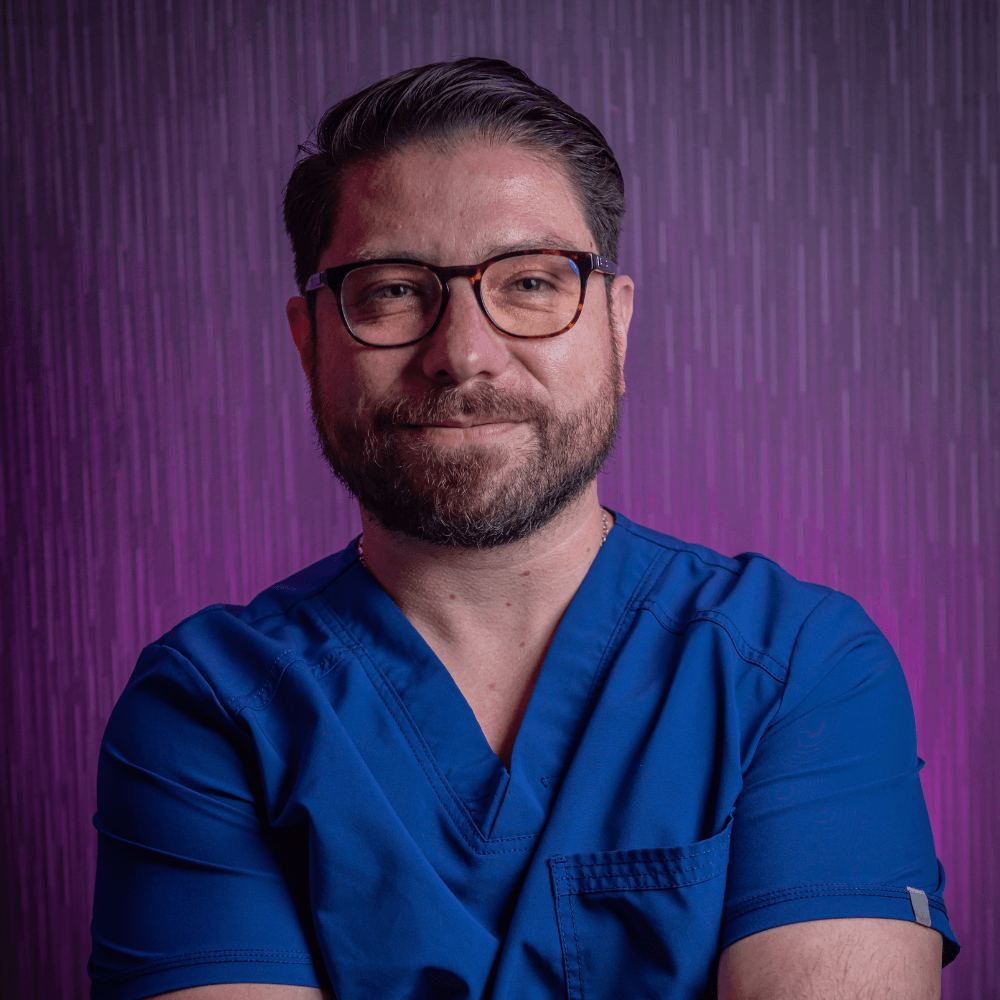
Dr. Victor Rubio
Dr. Víctor Rubio
Victor Rubio – Gynecology & Minimal Invasive Surgery, Endometriosis Specialist
Summary: Based in Chihuahua, Dr Rubio Mexico (Dr Víctor Rubio) is a skilled gynecologist and minimally invasive surgeon who is deeply committed to helping patients manage endometriosis. With years of experience and a focus on excision surgery, Victor Rubio provides individualized care grounded in the embryogenetic theory of endometriosis development.
Dr Víctor Rubio prioritizes patient well-being through both surgical and non-surgical approaches. For those delaying pregnancy, he may prescribe Dienogest to manage symptoms and protect ovarian health. After surgery, he supports healing with pelvic floor physiotherapy to address persistent pain and promote long-term relief. Known for his compassionate, patient-first care, Dr Rubio Mexico ensures every treatment plan is tailored to the individual’s needs and life goals. Victor Rubio is dedicated to improving the quality of life for those navigating the challenges of endometriosis.
City: Chihuahua, Mexico
Philosophy: Embryogenetic Theory
What type of surgery do you perform for endometriosis?: Excision
Medication: Dienogest 2mg oral every 24 24 hours. At the time of the diagnosis, if the patient does not want to become pregnant until she does, after surgery, in endometriomas, depending on age, ovarian reserve, and size.
Approach to Persistent Pain After Surgery: Pelvic Floor Physiotherapy.
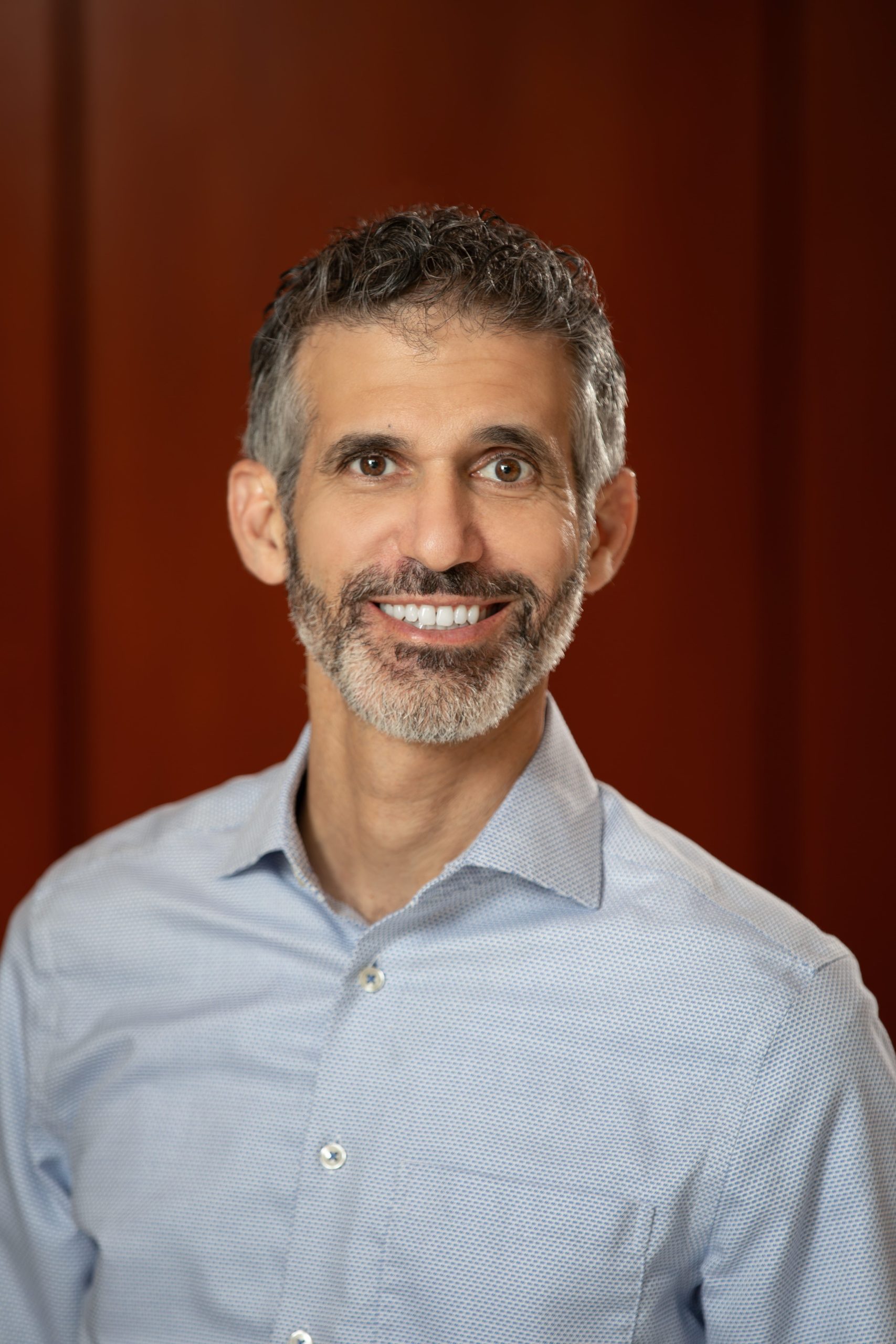
Dr. Kenneth I. Barron
Kenneth I. Barron
Dr Kenneth Barron – Gynecology & Minimal Invasive Surgery, Endometriosis Specialist.
Summary: Dr Kenneth Barron is a leading gynecologist and minimally invasive surgeon in Charlottesville, VA, specializing in endometriosis care and advanced fertility support, including IVF in Charlottesville VA. Known for his compassionate, patient-focused care, Dr Barron Charlottesville offers expert excision surgery and custom treatment plans for those navigating complex pelvic pain and fertility challenges.
Kenneth Barron MD approaches endometriosis with the precision of cancer care—targeting lesions with wide excision to reduce recurrence. He combines surgical expertise with hormonal therapies like high-dose progesterone and GnRH antagonists to support patients before and after treatment. When pain persists, he continues care by assessing for other pain sources such as nerve or myofascial issues. Patients seeking both endometriosis relief and fertility options turn to Dr Kenneth Barron for trusted, long-term support and highly specialized care in the heart of Charlottesville.
City: Charlottesville, Virginia
Philosophy:
Medication: Hormonal medications can be helpful for patients in controlling symptoms, preparing for fertility treatment, and anticipating surgery. Patients seek me out for surgical management when medicine fails. I often have patients try high-dose progesterone (norethindrone at 2.5 mg) if they have not before. I occasionally treat with GnRH antagonists in cases of nerve involvement, desire to shrink the disease before operating to reduce the risk of oophorectomy, and prolonged waiting for surgery.
I always continue to take care of my patients after surgery. There can be more than one pain generator coexisting with endometriosis. If pain persists post-operatively, I re-evaluate the patient for other sources of pain, if not already recognized pre-operatively, such as myofascial pain, neuropathic pain, primary uterine pain, or bowel and bladder-related pain.
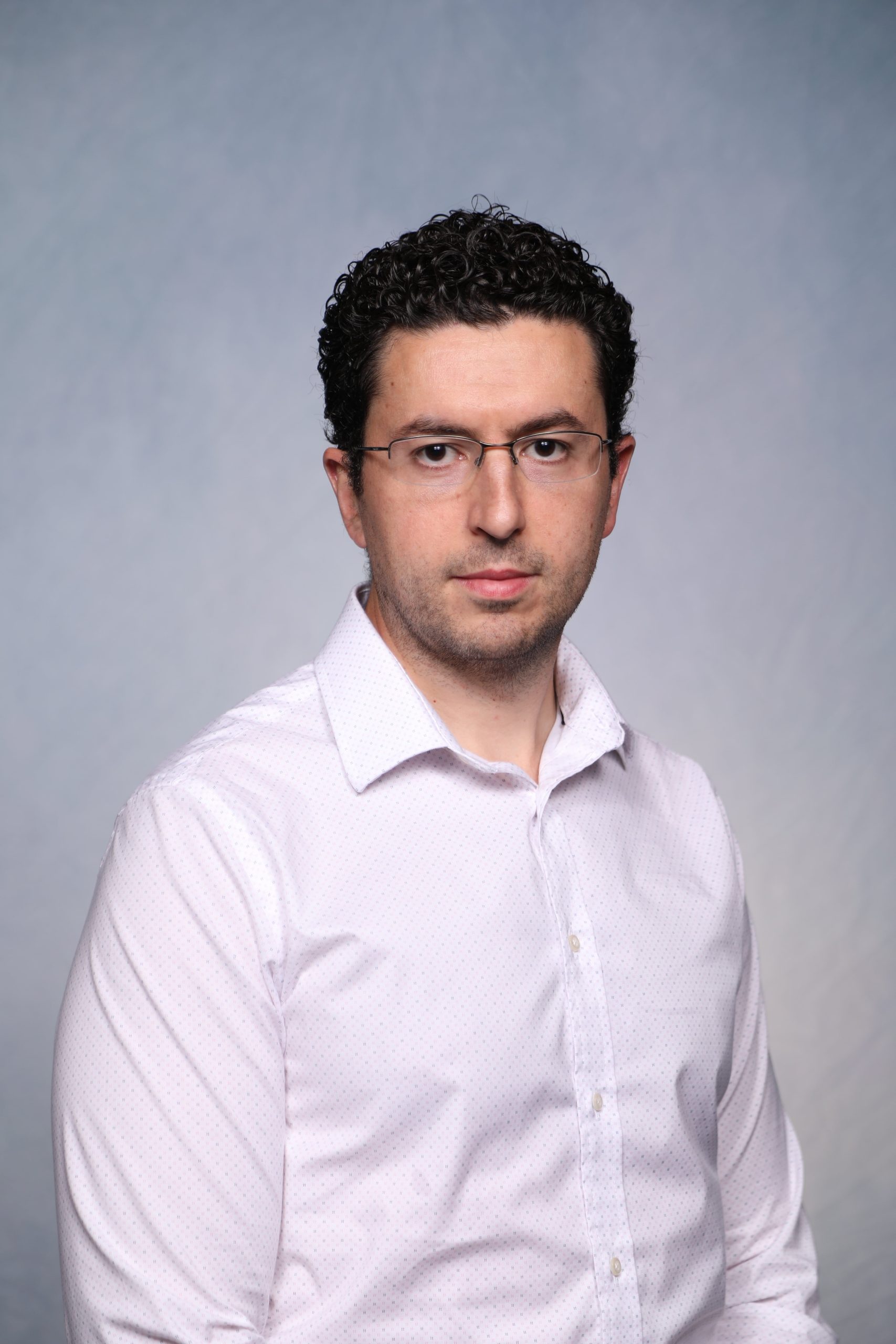
Dr. Tarek Toubia
Dr. Tarek Toubia
Dr Tarek Toubia – Gynecology & Minimal Invasive Surgery, Endometriosis Specialist.
Summary: Located in Hopkinsville, Kentucky, Dr Toubia is a compassionate gynecologist and minimally invasive surgeon specializing in endometriosis care. With a focus on the complex, multifactorial nature of endometriosis, Dr Tarek Toubia offers personalized, multidisciplinary treatment plans that address each patient’s unique needs.
Dr Toubia performs precise excision surgery to remove endometrial lesions and alleviate pain. For patients seeking non-surgical options or contraception, he provides hormonal suppression using combined contraceptives or progestational agents. Additionally, Dr Toubia utilizes GnRH antagonists for symptom relief when delaying surgery is preferred. When pain persists after surgery, he carefully reassesses for other causes and recommends postoperative hormonal treatments to reduce the risk of recurrence. Patients trust Dr Toubia for his thoughtful approach and dedication to long-term health and comfort.
City: Hopkinsville, Kentucky
Philosophy: Multifactorial origin for a complex disease (with emphasis on genetic and embryonic theories), and thus the treatment approach needs to be personalized and multidisciplinary.
What type of surgery do you perform for endometriosis?: Excision
Medication: I use hormonal suppression with combined contraceptives or some progestational agents when someone does not want surgical treatment and desires contraception. I use GnRH antagonists for patients who are suffering from pain symptoms and desiring to delay surgical intervention and not attempting conception.
Approach to Persistent Pain After Surgery: Reassess and reevaluate for any concomitant pathology that could be contributing to pain. Also, postoperative hormonal suppression decreases the risk of recurrence

Dr. Marcelo Lontra
Dr. Marcelo Lontra
Dr Marcelo Lontra – Gynecology & Minimal Invasive Surgery, Endometriosis Specialist.
Summary: Based in Porto Alegre, Brazil, Dr. Marcelo Lontra is a trusted gynecologist and minimally invasive surgeon specializing in endometriosis treatment. Known as Dr. Lontra or Doctor Lontra, he combines advanced surgical techniques with cutting-edge research to provide personalized care grounded in the latest theories of endometriosis, including retrograde menstruation and stem cell recruitment.
Dr. Marcelo Lontra performs precise excision surgery to effectively remove endometrial lesions. He complements surgery with medications like Dienogest, aromatase inhibitors, and GnRH antagonists to manage pain and reduce symptoms affecting the intestines and urinary tract. When persistent pain occurs, Doctor Lontra uses repeat imaging and, if necessary, additional surgery to ensure thorough treatment. Patients appreciate Dr. Lontra’s compassionate, science-based approach that focuses on long-term relief and improved quality of life.
City: Porto Alegre, Brazil
Philosophy:
Endometrial stem cell recruitment theory
Bone marrow–derived stem cell theory
Molecular genetic changes in endometriosis
Epigenetic and microRNA alterations in endometriosis
What type of surgery do you perform for endometriosis?: Excision
Medication: Progestins for pain; Dienogest Dienogest;2mg per day, Aromatase inhibitors for reduce pain, intestinal symptoms, and urinary symptoms; and decrease the volume of laparoscopically visible endometriosis. Gonadotropin Releasing Hormone (GnRH) antagonists for pain
Approach to Persistent Pain After Surgery:
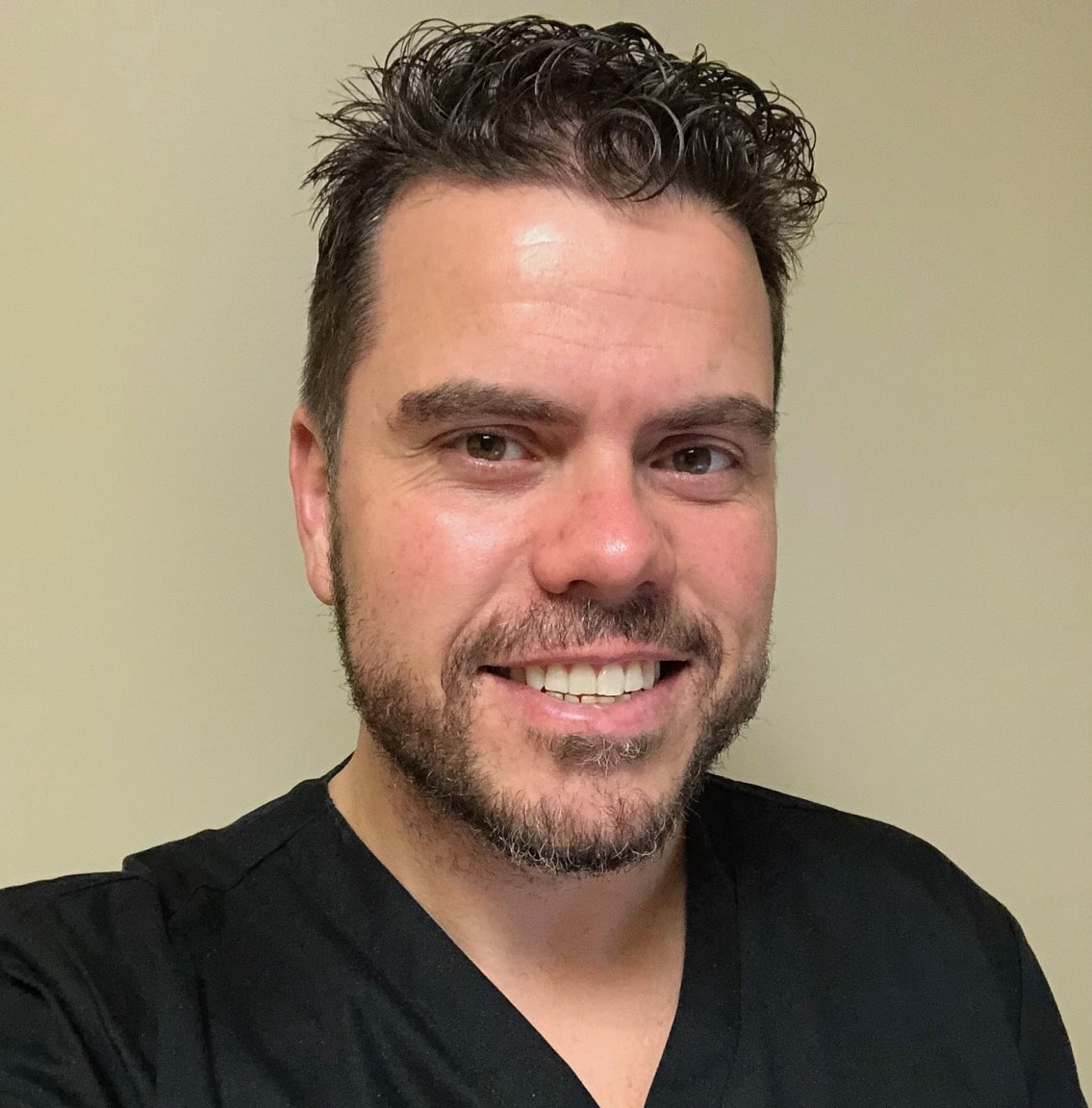
Dr. Romeo Lucas
Dr. Romeo Lucas
Dr Lucas – Gynecology & Minimal Invasive Surgery, Endometriosis Specialist.
Summary: Based in Freeport, Maine, Dr Lucas OBGYN is a dedicated gynecologist and minimally invasive surgeon at the New England Center for Pelvic Health, specializing in endometriosis care. With a commitment to patient-centered treatment, Dr. Romeo Lucas performs thorough excision surgery and collaborates with other specialists when needed to ensure comprehensive care.
Dr. Lucas believes in transparent communication and detailed documentation. If full excision isn’t possible during surgery, he carefully records and reviews all findings with the patient, offering appropriate referrals when necessary. Grounded in the coelomic metaplasia theory, he approaches endometriosis as a complex condition often requiring multidisciplinary insight. Through his work at the New England Center for Pelvic Health, Dr. Lucas OBGYN helps patients better understand their diagnosis and treatment options, empowering them to make informed decisions on their journey toward relief.
City: Freeport, Maine
Philosophy: I employ excision to the fullest extent that I am comfortable operatively. I may call for an intraoperative consult as needed. I may ask for certain specialists to be present or available if I have a high suspicion before surgery. Even if I am unable to excise or there is no surgeon available to excise, I thoroughly document the lesions (digital pictures) remaining and review them with the patient post-operatively. I then provide a referral as needed/desired.
Theories of endometriosis origin: Most likely due to coelomic metaplasia. Certainly, there are cases owing to menstrual regurgitation (i.e., imperforate hymen) or seeding during surgery (i.e., abdominal wall endometriosis after cesarean delivery). However, in such cases, it seems possible, if not likely, that there is an aberrant immunologic process allowing for unaddressed proliferation of that tissue.
What type of surgery do you perform for endometriosis?: Excision
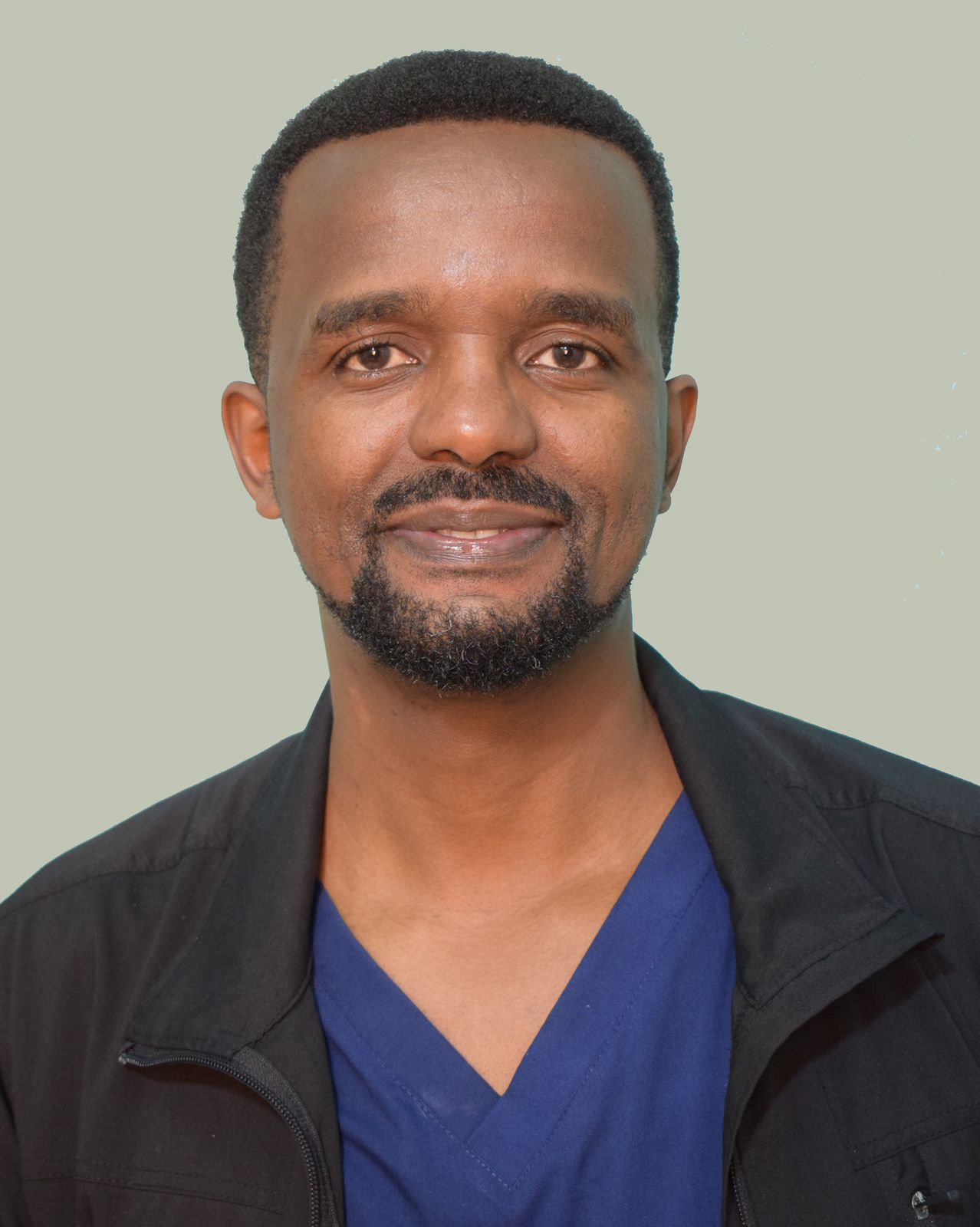
Dr. Joseph Njagi
Dr. Joseph Njagi
Dr Joseph Njagi – Gynecology & Minimal Invasive Surgery, Endometriosis Specialist.
Summary: Based in Kerugoya, Central Kenya, Dr Joseph Njagi is a highly experienced gynecologist specializing in minimally invasive surgery and the expert care of endometriosis. With a deep understanding of the condition, Dr Joseph Njagi follows the retrograde menstruation theory to guide his treatment philosophy. He focuses on excision surgery for endometriosis, a proven technique to remove diseased tissue and provide lasting relief.
Dr Njagi takes a patient-centered approach, using NSAIDs and combined oral contraceptives (COCs) to manage pain and prevent the regrowth of endometrial cells post-surgery. When persistent pain occurs after treatment, he conducts comprehensive evaluations—including medical history reviews, imaging analysis, and one-on-one consultations—to tailor each patient’s care. Through ongoing follow-up and thoughtful adjustments, Dr Njagi ensures his patients receive continuous, personalized support throughout their healing journey.
City: Kerugoya, Central Kenya
Philosophy:
Retrograde menstruation theory
What type of surgery do you perform for endometriosis?: Excision
Medication: I incorporate NSAIDs for pain management after surgery. I also use COCs for pain management and to limit the growth of endometrial cells.
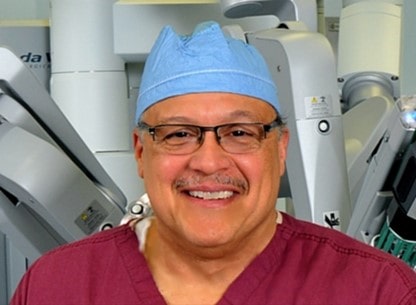
Dr. Chauncey Stokes
Dr. Chauncey Stokes
Dr Stokes OBGYN – Gynecology & Minimal Invasive Surgery, Endometriosis Specialist
Summary: Dr Stokes OBGYN is a respected gynecologist and minimally invasive surgeon based in Lansdowne, VA, offering expert care to patients facing endometriosis and chronic pelvic pain. As an experienced OB GYN in Lansdowne, VA, Dr Chauncey Stokes combines surgical skill with a deep understanding of the complex nature of endometriosis. Practicing near Virginia Heart in Lansdowne, Virginia, he performs advanced excision surgery and provides comprehensive, compassionate care.
Dr Chauncey Stokes believes emotional support is essential to long-term healing. He incorporates oral contraceptives, antiestrogen medication, antidepressants, and neuromodulators into his treatment plans, tailoring care to each patient’s needs. When pain persists after surgery, he evaluates psychological and lifestyle factors and may include dietary changes, counseling, and exercise. Dr. Stokes, OBGYN is committed to helping patients reclaim quality of life through thoughtful, individualized care and evidence-based therapies.
City: Lansdowne, Virginia
Philosophy: Please refer to the uploaded document for further discussion. In short, I believe that endometriosis starts with the early development of the embryo. We can operate and remove endo, but understanding the origin is still perplexing. With more genetic research, we may have better answers to the question. For now, extensive excision seems to afford the best relief in the short term. Long-term relief usually requires more aggressive surgical intervention. For most patients, they have had their children. For others, they have been so debilitated by the disease that they opt for aggressive therapy at the exclusion of childbearing. Emotional/psychological support during the management of this disease is crucial to success because of its chronicity.
What type of surgery do you perform for endometriosis?: Excision
Medication: Oral contraception, antiestrogen meds, antidepressants, gabapentin, and Lyrica. I typically offer the younger females a trial of oral contraceptives followed by antiestrogen medication. I will add antidepressants and neuromodulators as needed, especially if the initial regimen is not sufficient. Counseling and relaxation techniques are considered as an adjuvant to the medical therapy, just to get some relief
Approach to Persistent Pain After Surgery: I initially use a questionnaire to help determine if patients have had sexual abuse and other psychological factors that may play into the overall management. If they are positive, I may refer them out for further evaluation or before initiating medical treatment. I advise weight loss for those women with increased BMI. I try to avoid chronic pain clinics due to the concern about addiction. I have used them in the past when major meds for management have been unsuccessful. I have those who have used acupuncture, but the results have been unpredictable. Exercise can be beneficial, along with alterations in diet. I work with a nutritionist to assist with developing anti-inflammatory diets. The truth is that some of these patients are difficult to manage, and we have little left once we have exhausted surgical and medical treatments. The initial questionnaires do help us to delineate those who may be difficult to treat. We try to set expectations and promote small successes as a step in the right direction.

Dr. Anshumala Shukla Kulkarni
Dr. Anshumala Shukla Kulkarni
Anshumala Shukla Kulkarni – Gynecology & Minimal Invasive Surgery, Endometriosis Specialist.
Summary: Dr Anshumala Shukla Kulkarni is a compassionate endometriosis specialist based in Mumbai, Maharashtra, with expertise in gynecology and minimally invasive surgery. Her approach to treating endometriosis is rooted in understanding the complexities of immune dysregulation and coelomic metaplasia, which play key roles in the development of the condition. Anshumala Shukla offers a variety of treatment options tailored to each patient’s needs, including low-dose oral contraceptive pills to reduce the risk of recurrence after surgery and progesterone therapy for patients who are not ready for surgery or have minimal symptoms.
When addressing persistent pain after surgery, Dr Kulkarni takes a thorough, patient-centered approach. She recommends re-evaluating imaging to rule out other causes of symptoms and revisiting surgery if there is no improvement with medical management. Dr Anshumala Shukla focuses on providing comprehensive care to enhance her patients’ well-being and quality of life.
City: Mumbai, Maharashtra
Philosophy: Immune dysregulation, coelomic metaplasia
Medication: Low-dose oral contraceptive pills for post-operative long-term reduction of recurrence, progesterone for post-operative or those not willing to undergo surgery, young patients with minimal symptoms
Approach to Persistent Pain After Surgery: Relook imaging, rule out other causes for symptoms, relook surgery if no response to medical management.

Dr. Joseph Chen
Dr. Joseph Chen
Dr Joe Chen – Gynecology & Minimal Invasive Surgery, Endometriosis Specialist.
Summary: Dr Joseph Chen, also known as Dr Joe Chen or Chen Joseph, is a skilled endometriosis specialist in Oakland, California, offering expert care for patients dealing with this complex condition. With a deep understanding of extra-pelvic endometriosis, Joseph Chen MD believes in addressing multiple theories of endometriosis origins, including retrograde menstruation, colemic transformation, and lymphatic dysregulation. His holistic approach to treatment includes excisional surgery in Omaha, NE, along with systemic and localized progestin suppression to manage symptoms and prevent recurrence.
Dr Joe Chen also ensures comprehensive care by screening for additional pain triggers such as neuropathic pain, IBS, and pelvic floor dysfunction. His approach to persistent pain after surgery involves careful reevaluation and collaboration with the patient to decide whether further excision surgery is necessary. With his expertise and personalized care, Dr Joseph Chen strives to improve his patients’ quality of life and fertility outcomes.
City: Oakland, California
Philosophy: As a provider who sees and addresses extra-pelvic endometriosis on a consistent basis, I am a believer that many of the origin theories, including retrograde menstruation, Mullerian and colemic transformation, as well as dysregulation of lymphatic transportation, are all relevant causes for this chronic condition. We know that premenstrual, postmenopausal, and non-female cases of endometriosis do occur, and thus, we need to be cognizant of the challenges regarding the current understanding of this disease.
Medication: I will routinely use progestin components for systemic suppression, as well as localized progestin protection for pain control. I routinely encourage patients to consider the use of systemic progestin suppression to prevent recurrence following excisional surgery – an approach that I have seen tremendous success in.
Approach to Persistent Pain After Surgery: Similar to my presurgical approach, I will often reevaluate to determine if the other pain triggers following surgery have been addressed. With patients who desire future fertility, repeating imaging and further systemic suppression are important to prevent worsening symptoms. With careful counseling and detailed discussion about the risks, benefits, and alternatives for reoperation, can we consider repeating the excision surgery.

Dr. Sean Copson
Dr. Sean Copson – Gynecology & Minimal Invasive Surgery, Endometriosis Specialist.
Summary: Dr Sean Copson is a dedicated endometriosis specialist based in West Perth, Western Australia. Known for his compassionate approach, Dr Sean Copson provides personalized care tailored to each patient’s needs. His expertise in gynecology and minimally invasive surgery ensures that patients receive the most effective treatments for managing endometriosis, including medications like progesterone-only pills, COCP, Zoladex, NSAIDs, and TCAs.
Dr Sean Copson believes in a holistic, multidisciplinary approach to care. He recognizes that endometriosis requires not only surgical intervention but also comprehensive management, especially for patients experiencing persistent pain after surgery. His treatment plans involve collaboration with pain specialists, physiotherapists, and other healthcare providers to improve the patient’s overall well-being. With Dr Sean Copson, patients can trust that their care will be customized to address the unique aspects of their condition and help them achieve the best possible outcomes.
City: West Perth, Western Australia
Philosophy:
Coelomic metaplasia, immunological, and genetic
Medication:
Approach to Persistent Pain After Surgery:
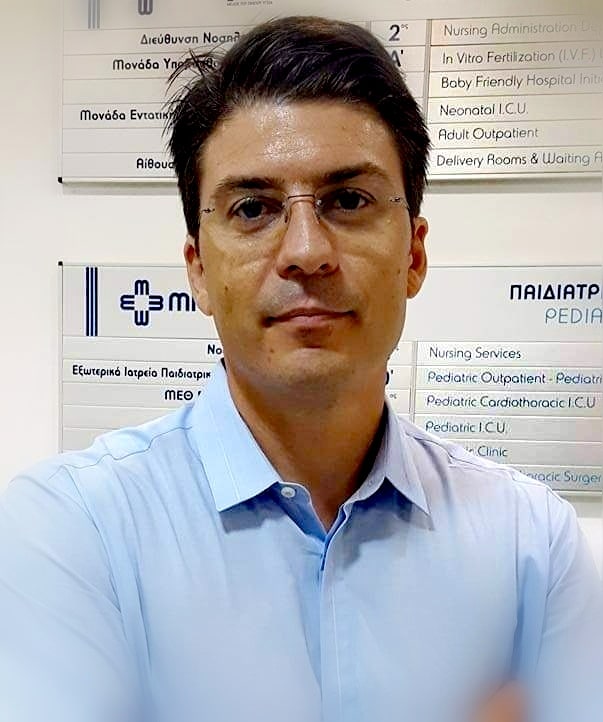
Dr. Ioannis Koutoukos
Dr. Ioannis Koutoukos, Gynecology & Minimal Invasive Surgery, Endometriosis Specialist.
City: Athens, Attica, Greece
Philosophy?
Migration
Medication:
Herbals, hormonal, letrozole
Approach to Persistent Pain After Surgery:
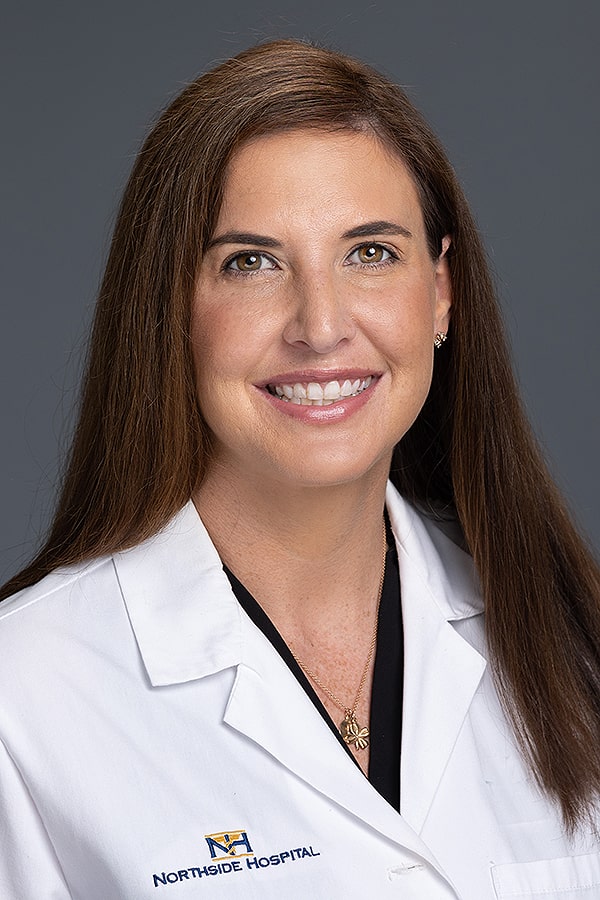
Dr. Whitney Ann Barnes
Dr. Whitney Ann Barnes
Dr Whitney Barnes – Gynecology & Minimal Invasive Surgery, Endometriosis Specialist.
Summary: Dr Whitney Barnes MD is a compassionate and skilled endometriosis specialist based in Lawrenceville, Georgia. Patients seeking expert care often turn to Dr. Whitney Barnes for her individualized, whole-person approach to treatment. Dr Whitney Barnes MD is known for helping patients understand the complex nature of endometriosis while offering effective, tailored solutions to manage symptoms and improve quality of life.
Specializing in wide excisional surgery, Dr Whitney Barnes MD treats both visible and microscopic disease, ensuring a more thorough and lasting outcome. She works closely with each patient to develop personalized medical plans that may include non-narcotic pain relief, hormonal therapies, and mental health support. For those experiencing persistent pain after surgery, Dr Whitney Barnes MD provides a multidisciplinary care plan involving physical therapy, diet, and pain specialists. Her thoughtful and evidence-based approach empowers patients to take control of their health with confidence and clarity.
City: Lawrenceville, Georgia
Philosophy:
Medication: Medication is tailored to each patient, taking into account their unique medical circumstances and indications. This personalized approach considers factors such as the patient’s current health status and past medical history, prior experiences with medications, and individual management goals. I utilize non-narcotic pain relief medications such as NSAIDS, gabapentinoids, and SNRI/SSRI medications for central pain desensitization and hormonal regulation when appropriate. Every medication option is presented to the patient along with a thorough explanation of its intended goal and potential risks. This process is done in close collaboration with the patient, respecting the patient’s preferences and addressing the patient’s needs.
Approach to Persistent Pain After Surgery: Similar to my approach to treating endometriosis, my approach to managing persistent pain after surgery is personalized. Before proceeding with surgery, I engage in individualized patient counseling to review the risk of persistent or recurring pain. This approach recognizes that for some patients, endometriosis excision surgery is a single facet within a broader spectrum of care that may involve central and peripheral pain management, pelvic floor physical therapy, gastroenterology, pain management specialists, and dietary modifications. My ultimate goal is to alleviate the patient’s symptoms and improve the patient’s quality of life.

